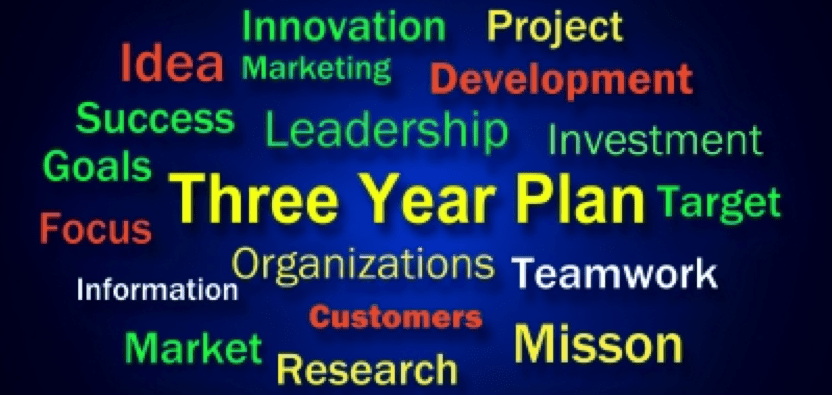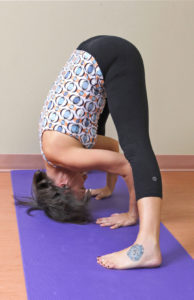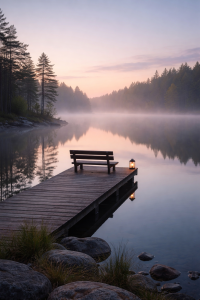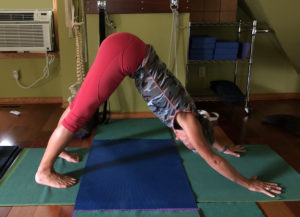With so much of our global experience made visible on a daily basis, I think we can all agree on one thing — life, as we experience it today, is complex. But is this the natural way of things or is it the busyness we inject into our daily lives? Take the framework illustrated below, which is intended to help us get our heads around what it means to manage complex change. The authors’ points are well made (i.e., without vision there is only confusion), but admittedly I feel a headache coming on when I think about creating an action plan to address each aspect of their framework. The complexity of such an action plan seems mind-boggling, time-consuming and a lot of work.
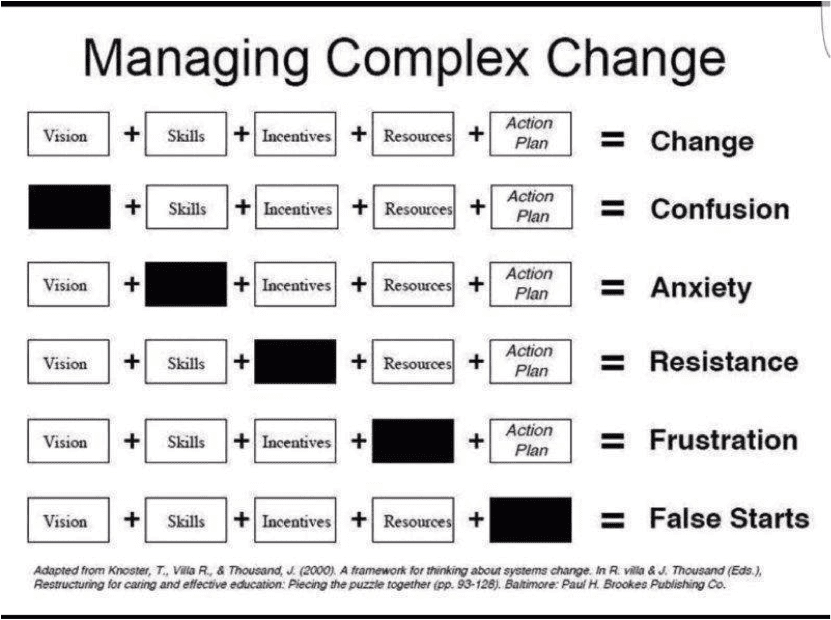 In our attempts to understand and even control our environment, aren’t we already perpetually overworked, over-stimulated and overstressed? Doing too much too quickly implies a need to rush for results and often those results include dissatisfaction and disease.
In our attempts to understand and even control our environment, aren’t we already perpetually overworked, over-stimulated and overstressed? Doing too much too quickly implies a need to rush for results and often those results include dissatisfaction and disease.
The evidence portrayed by physical and mental health data indicates burnout and depression are increasingly affecting people’s ability to live full meaningful lives. And we all know too much of anything, good or bad, signals the presence of a dependency or addiction. This, of course, applies to planning for change as well, which is one of the reasons why detailed business plans often end up collecting dust on someone’s shelf. I have often pondered the irony of accepting one cannot predict the future but then spending weeks or even months creating a plan for every conceivable outcome in an attempt to control it. Seems a bit crazy, doesn’t it?
So what do we do, or not do, to find a healthy balance between the hectic pace of a high-touch, high-tech lifestyle and our inner nature’s more restful introspective process? I struggled with this enigma early in my consulting career and consequently decided to drop out of the hectic rat race in order to better understand my true nature. That was almost 20 years ago.
By 2010 what, in hindsight, became my surrender journey led me to experiment further with dropping all plans, goals, desires and ambition. It scared the bejesus out of me, given that everything I could claim as my own appeared to be attributable to those qualities. However, I could no longer rationalize living for the future instead of residing in the present moment. As Eleanor Roosevelt so aptly stated, “you can often change your circumstances by changing your attitude” which in my case is exactly what occurred. My circumstances did change but without needing to move mountains to make it happen.
[There] is a divine process that we don’t have to change, coerce, or improve. We just need to allow and enjoy it. That takes immense confidence, especially when we’re hurting. Richard Rohr
In my previously, well-planned life, I was successful at achieving goals and the reward was primarily monetary. However, money does not equate with living life to the fullest. Burnout, fatigue and depression were also consequences of a life out of balance. When I considered the peak experiences from this portion of my life, I realized those events I most valued were not something I planned. Rather, they seemed to mysteriously drop into my lap out of thin air. So, with a leap of faith, I elected to trust life’s ability to protect and provide for me. I rationalized my decision by reminding myself I still retained the right to say “No” to what I didn’t want.
Over these past seven years, my surrender experiment led me in a completely different direction than I envisioned — one in which growth, confidence, inner peace and considerable creative production emerged. All these gains bolstered my energy rather than draining it. What I lost was any sense of identity based on previous standards such as roles or gender.
As I recently read, “if life is a stage, then identity is a costume we don” and a temporary one at that. Moving from an identity of arrogance (presuming to have the answers) to one of greater authenticity (accepting uncertainty) meant giving up control. It also meant gaining a sense of wonder and aliveness. Little did I know my surrender would evolve into a deeper willingness to say “Yes” to whatever adventure emerges/shows up in my life.
The answer is never the answer. What’s really interesting is the mystery. Ken Kesey
When we can finally see the unknown, not as something to be feared or controlled but as a mysterious adventure, we willingly move toward it knowing, as Francis Bacon encouraged, our job is to deepen ourselves within the mystery. The reason being … out of mystery — the unknown adventures — comes creation and aliveness; new life.
People of deep faith develop a high tolerance for ambiguity and come to recognize that it is only the small self [ego] that needs constant certitude or order. The [authentic self] is perfectly at home in the River of Mystery. Richard Rohr
Trusting myself and life’s process seem to be working for me. How’s your own game plan rolling out?
For more on trust, transformation and life coaching, click here.

